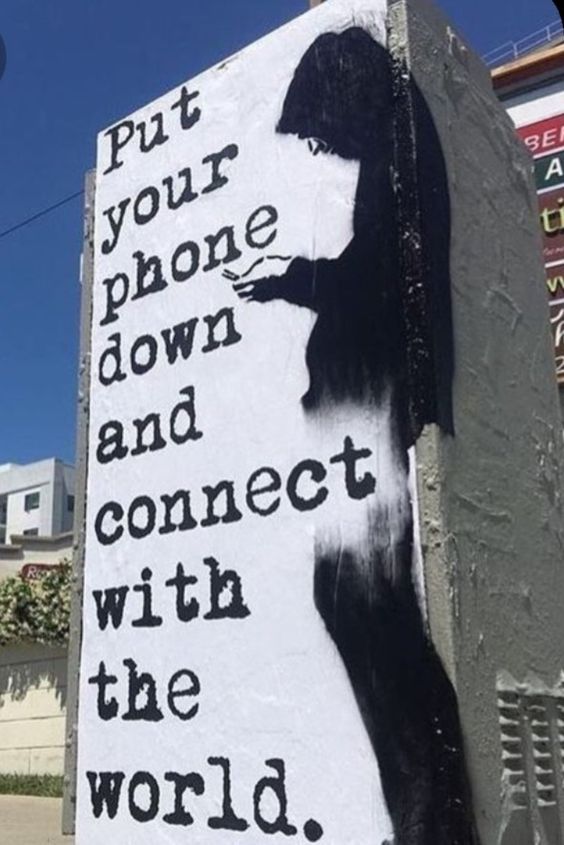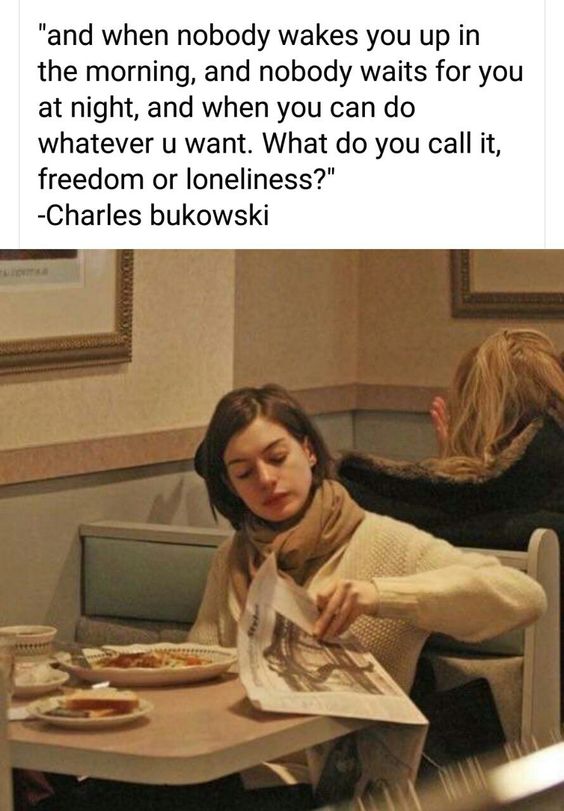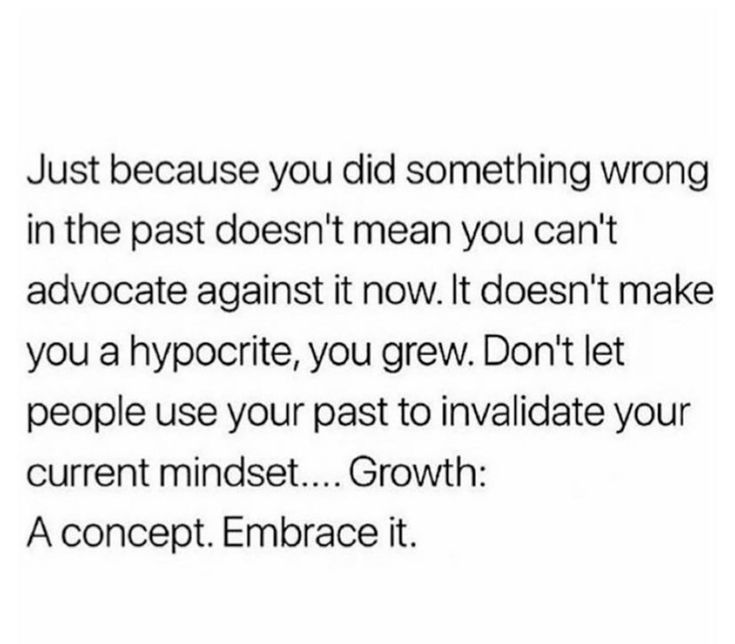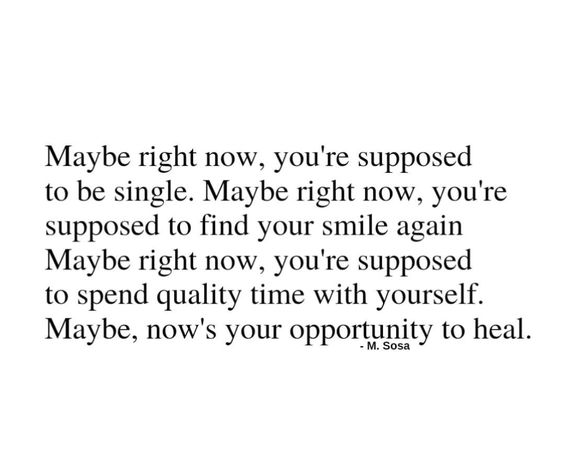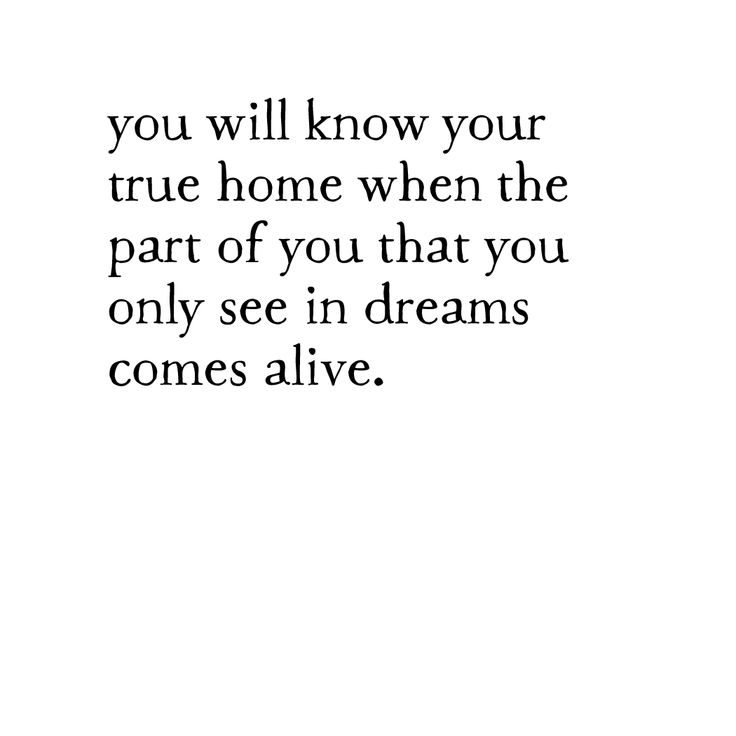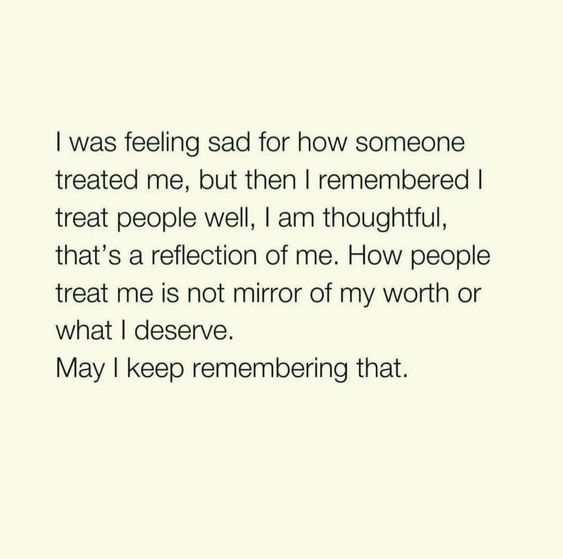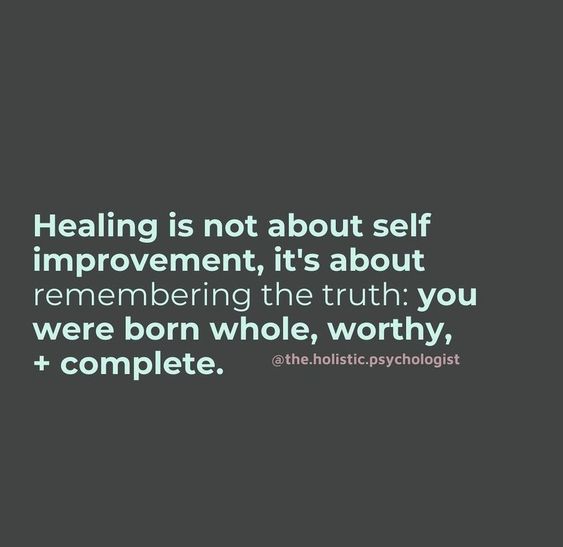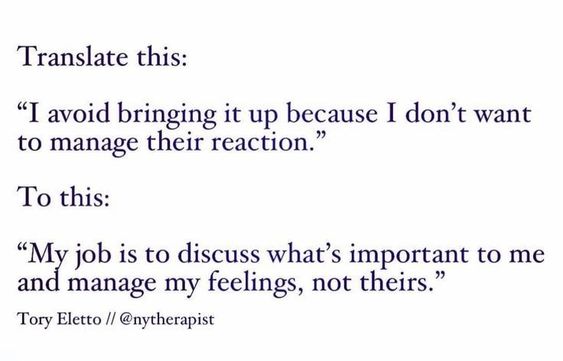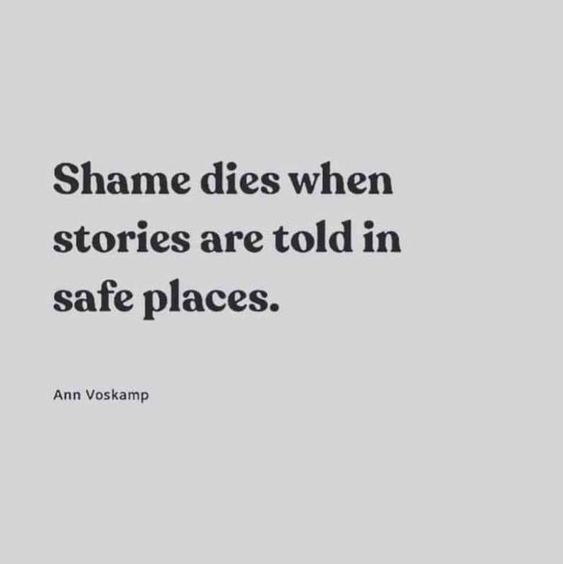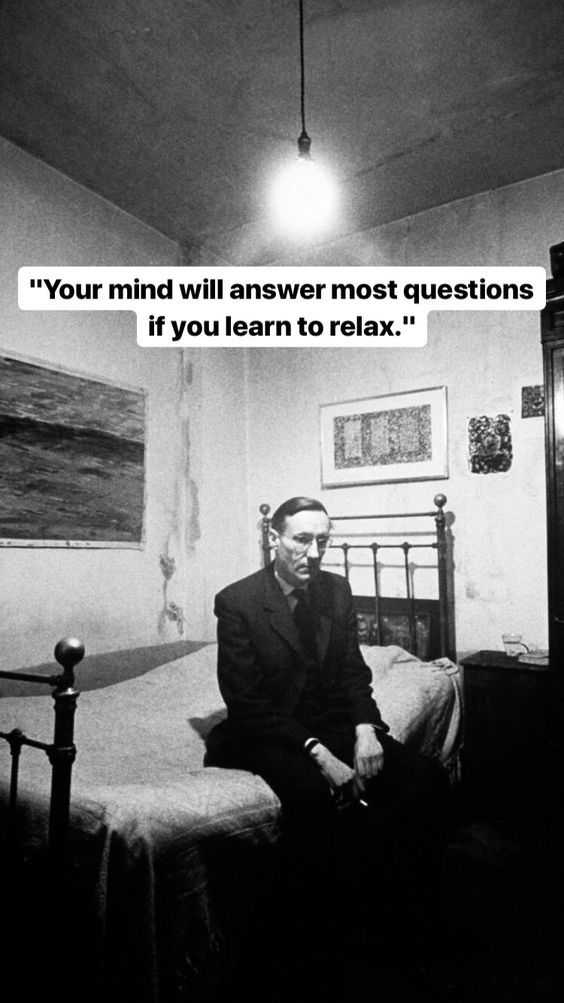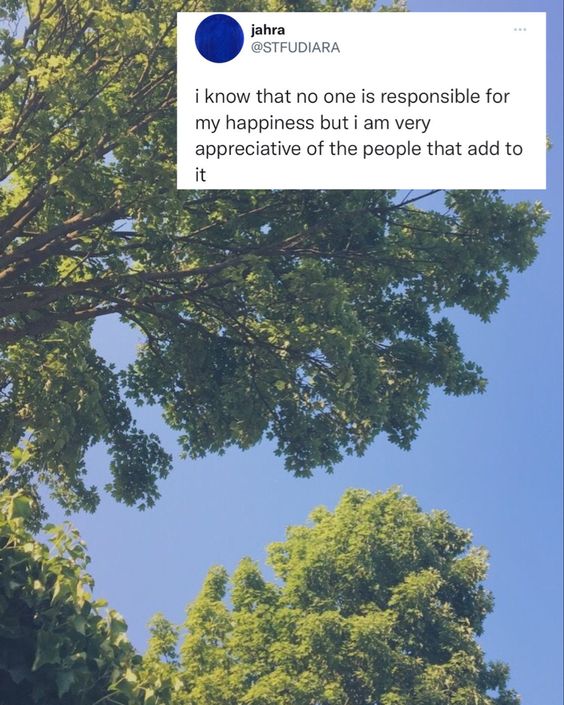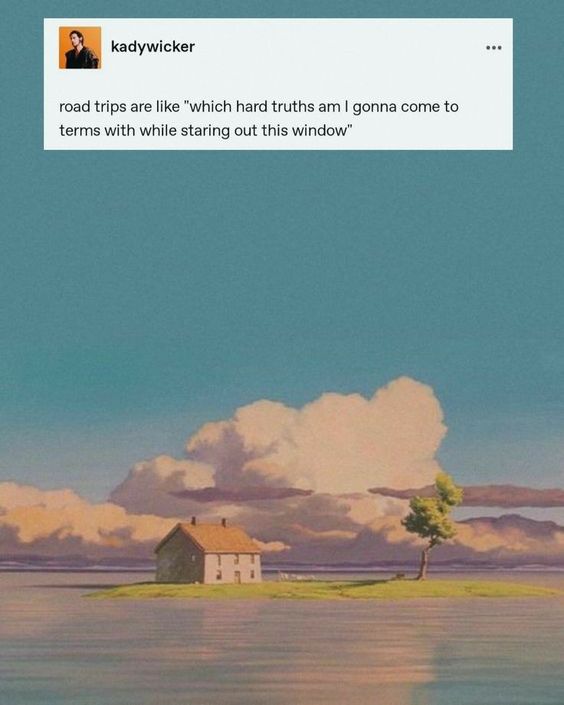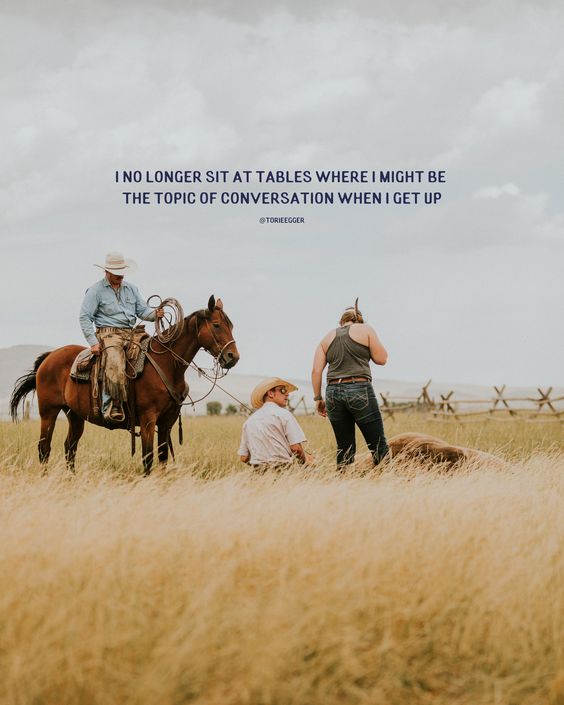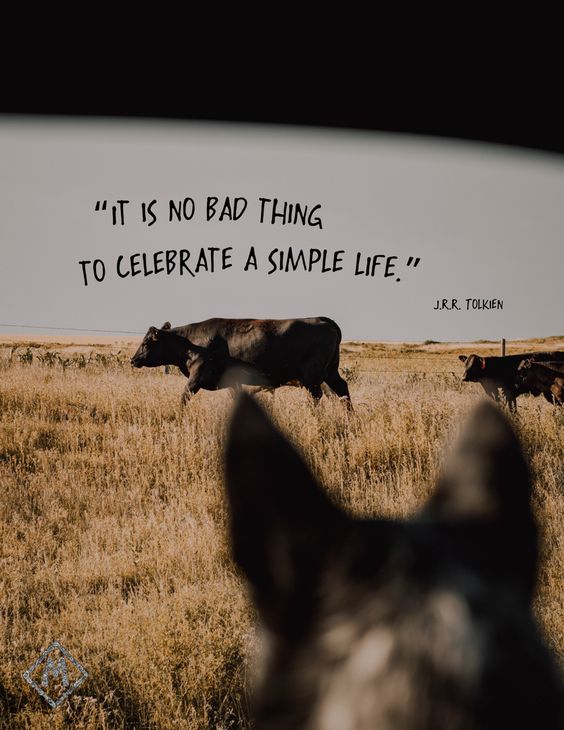“The Buddhists believe that our presence can be healing; that by simply sharing space with another person and giving them our full, undivided attention, we can ease their suffering. Sometimes I wonder if the reason we don’t all feel so broken and lonely and insecure is because we rarely give each other our full, undivided attention.”
Cole Schafer
“Human beings have always employed an enormous variety of clever devices for running away from themselves, and the modern world is particularly rich in such stratagems. We can keep ourselves so busy, fill our lives with so many diversions, stuff our heads with so much knowledge, involve ourselves with so many people and cover so much ground that we never have time to probe the fearful and wonderful world within. More often than not we don’t want to know ourselves, don’t want to depend on ourselves, don’t want to know ourselves, don’t want to depend on ourselves, don’t want to live with ourselves. By middle life most of us are accomplished fugitives from ourselves.”
John W. Gardner, Self-Renewal (Page 13)
“Even if you have drifted off the path. Marcus Aurelius tried to remind himself that there was a spring of goodness inside of him and that no matter what he or anyone shoveled on some of it, it was still there, still fresh and new and ever-flowing. The Stoics did not believe in original sin. They did not think we were hopelessly broken. They believed that being who we were—living well, living as our nature intended us to live—was always possible. You might be low and awful right now, Marcus Aurelius writes in Meditations, but in just a few days you can be worthy of being seen as a god. He was telling himself he just had to go back to the teachings, go back to his principles, go back to the spring.”
Ryan Holiday
“Exploration of the full range of our own potentialities is not something that we can safely leave to the chances of life. It is something to be pursued systematically, or at least avidly, to the end of our days. We should look forward to an endless and unpredictable dialogue between our potentialities and the claims of life—not only the claims we encounter but the claims we invent. And by potentialities I mean not just skills, but the full range of our capacities for sensing, wondering, learning, understanding, loving and aspiring.”
John W. Gardner, Self-Renewal (Page 11)
“That is why travel is a vivid experience for most of us. At home we have lost the capacity to see what is before us. Travel shakes us out of our apathy, and we regain an attentiveness that heightens every experience. The exhilaration of travel has many sources, but surely one of them is that we recapture in some measure the unspoiled awareness of children.”
John W. Gardner, Self-Renewal (Page 9)
